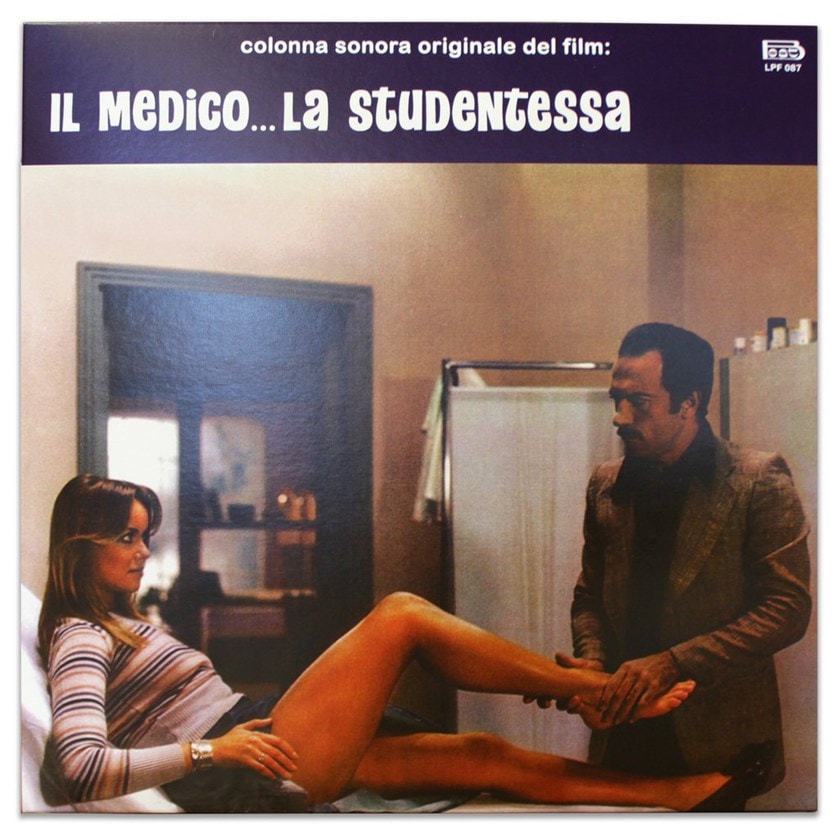

We also discuss why the increasing power of the financial sector hasn’t resulted a stronger economy, whether the housing market has indeed hit its peak, the massive missed opportunity for public investment while interest rates were low, why policymakers treat asset price inflation so differently from other types of inflation, the true costs of the meat we eat and clothes we wear, why crypto represents the apotheosis of hyper-financialized capitalism, why I’m skeptical of the argument that we’re moving rapidly toward a less globalized world and more. So I wanted to have her on the show to discuss the economic choices - and lack thereof - that led to this point. This “everything bubble,” as she calls it, was bound to burst - and that’s exactly what she thinks is happening right now. Rana Foroohar is a columnist at The Financial Times, and the author of several books on the economy including “Makers and Takers” and “Don’t Be Evil.” Her view is that a decade-plus of loose monetary policy has been the economic equivalent of a “sugar high,” which kept the prices of stocks, housing and other assets going up and up and up, even as the fundamentals of the economy have been eroding. To understand what’s happening in the stock market right now, you have to understand the era that preceded it. And, in response to rising inflation, the Federal Reserve just approved its largest interest rate increase since 1994, meaning asset prices could dip even lower. New home sales declined 17 percent in April, causing some analysts to argue that the housing market has peaked. Many growth stocks and crypto assets have crashed double or triple that amount. The index has plunged around 22 percent from its most recent peak in January. This week, the S&P 500 entered what analysts refer to as a bear market. See /privacy for privacy and opt-out information.

Subscribers can also sign up to our “Checks and Balance” newsletter at /newsletters.
#ADDING MUSIC MIDICO FULL#
John Prideaux hosts with Shashank Joshi and Jon Fasmanįor full access to print, digital and audio editions, as well as exclusive live events, subscribe to The Economist at /uspod. And Dr Siegfried Hecker, who led those efforts as director of the Los Alamos National Laboratory, shares lessons from sixty years working to avert nuclear catastrophe. We explore the lost era of US-Soviet collaboration to contain the threat from “loose nukes”. How should we think about the nuclear threat? And what role should America play in policing it?ĭr Nina Tannenwald, author of “The Nuclear Taboo”, explains how the norms that guaranteed the long nuclear peace have been unravelling for years. But Russia’s invasion of Ukraine has ushered in a new nuclear era. Since America dropped the bomb on Hiroshima and Nagasaki in 1945, a fragile balance of deterrence, treaties, fear and taboo has stopped the world’s nuclear powers from deploying their arsenals in anger. If you want to learn to speak English, our approach to learning through listening will improve your English fluency. We teach you in a fun and simple way that delivers results. We get straight to the point of how you should learn to speak English.

You can learn to speak English quickly using our specialised brain training.
#ADDING MUSIC MIDICO FREE#
Thankyou.Īdept English is here to help with FREE English lessons and language courses that are unique, modern and deliver results. Just before you jump in and start listening, please if you are not a subscriber and you like what you are listening to click that follow or subscribe button, and if you have a bell to click on, do that as well.

Don’t we? You know you're getting old when the candles cost more than the cake. We all love cake and we want to know more about popular British cakes. Your English language skills are improving. So today, we’re going to ignore all of that, because we are here to help you learn to speak English fluently. Only the articles were nearly all 'Bad news', I mean new wars, old wars that never seem to end, stocks and shares crashing, crypto currencies are collapsing, inflation is rising, food scarcity is a problem, taxes are going up and monkey-pox is a thing. So it wasn’t until mid week I actually had time to read the headlines, and a few interesting articles. I buy a Sunday newspaper every week, however most weeks I’m just too busy to sit down and read. Useful English Language Practice For The Kitchen, Cooking And Cakes So if you want to cook and practice your English or you just want to try a new cake while you learn more English, start listening now. I hope we can all agree that cake is good. Today we do what we do best, we work through everyday English conversation which delivers lots of useful vocabulary, idioms, grammar and spelling and we do it talking about something lovely, 'cake'. An English language listening practice lesson.


 0 kommentar(er)
0 kommentar(er)
